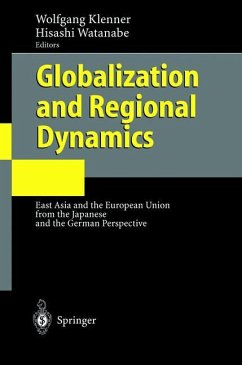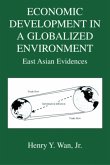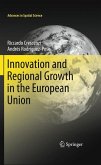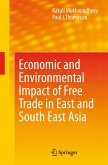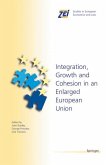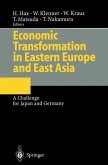The wntmgs by Japanese and Gennan economists presented here originated against the backdrop of ongoing globalization processes and notable fluctuations in regional economic dynamics observable at the same time, primarily in the East and South East Asian area. They provided the occasion for these writers to come to tenns with globalization processes, and in particular with the stabilizing and destabilizing elements at work in them. This is the basis for their investigation of the options provided by economics and economic policy for stabilizing an ever more tightly interwoven world economy. The regional focal points of the contributions are the East Asian realm and the European Union, and the points of view are in every case both from the Japanese and the Gennan side. Questions of international competition and mechanisms of the spread of the crisis in the wake of globalization processes lie at the centre of the analyses by Hisashi Watanabe and Willy Kraus. Hisashi Watanabe focusses on the relationship, an especially important one from the Japanese perspective, between Japan and South Korea and takes up the problem of South Korea's demand that Japan should energetically promote its own transition to a service-sector-oriented society and withdraw from certain areas of manufacturing. This, it is argued, will grant Japan's Asian neighbours better chances for development and make a positive contribution to the economic stabilization of the region.

